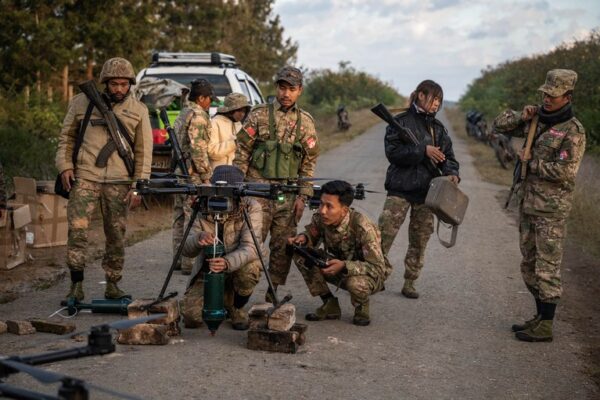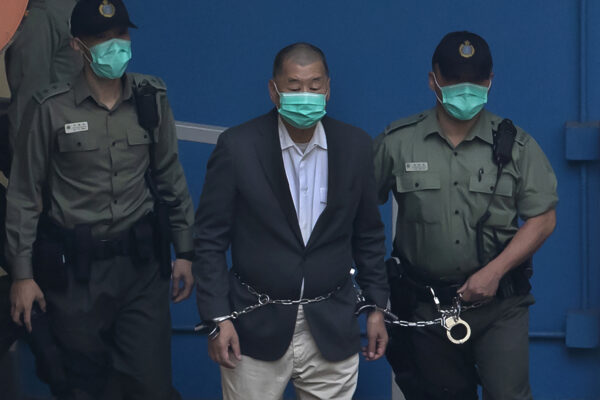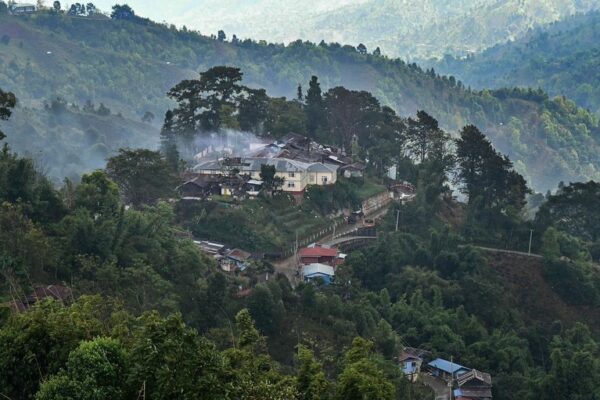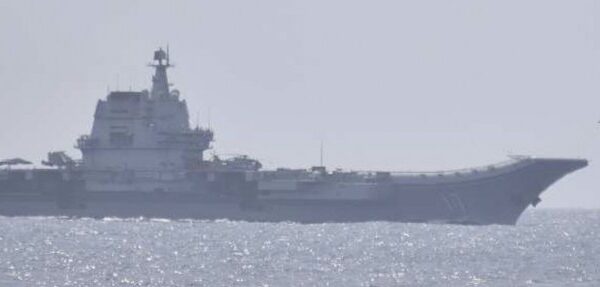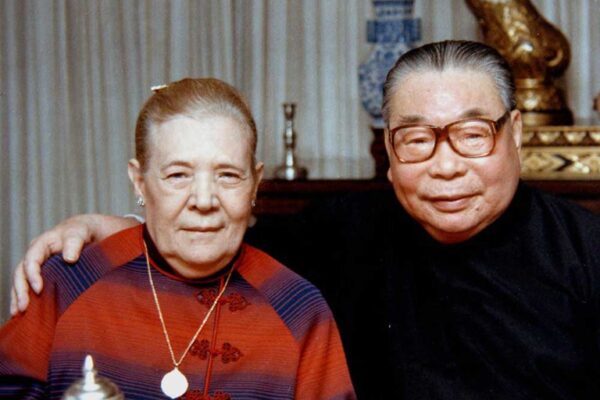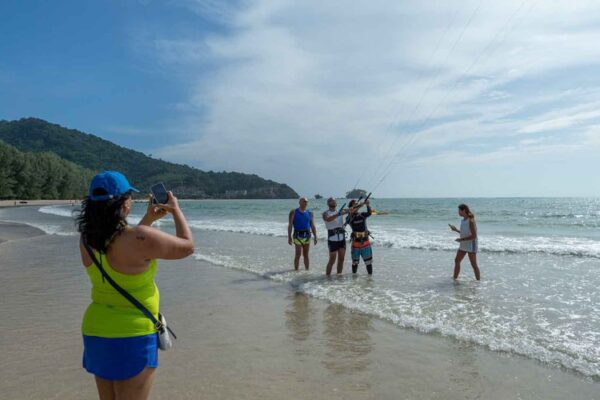US urges China to push Iran to pressure Houthis over Red Sea attacks
U.S. National Security Adviser Jake Sullivan has asked Chinese Foreign Minister Wang Yi to use Beijing’s influence on Iran to push it to stop the Houthis in Yemen from attacking Red Sea trade routes. The appeal came during two days of meetings in Bangkok between the pair, according to a senior Biden administration official who spoke on condition of anonymity according to rules set by the White House. Over 12 hours, the pair also discussed Russia’s invasion of Ukraine, Myanmar’s civil war, North Korea, Israel’s war with Hamas, the South China Sea, fentanyl and artificial intelligence, the official said. It was their first meeting since Oct. 26, when Wang visited Washington in the run-up to Chinese President Xi Jinping’s trip to San Francisco in November for the Asia-Pacific Economic Cooperation summit, during which he also held direct talks with U.S. President Joe Biden. The official said the meeting was meant to build on the commitments made during that summit, including to reinstate military-to-military talks and to stem illicit Chinese exports of precursors for fentanyl, which has been called a leading cause of death for American adults. A working group on counternarcotics would be established on Tuesday and both Military-Maritime Consultative Agreement Meetings and talks about regulating artificial intelligence would be held in the Spring. “The two sides are committed to continuing these strategic channels of communication,” the official said, adding there would be “a telephone call between the two leaders at some point in the coming months.” Diplomatic telephone On the apparently widening conflict in the Middle East that began with the attack on Israel by Hamas on Oct. 7, the White House official said Sullivan had pressed Wang to use Beijing’s influence on Iran to push it to end attacks by Houthis on trade ships transiting the Red Sea. The Houthis’ latest attack took place Friday and this time directly targeted a U.S. warship, the USS Carney, which was patrolling the area to try to prevent further attacks in the lucrative trade route. Both Hamas and the Houthis have been labeled “proxies” of Iran by the United States, with Tehran not viewed as having direct control of either group but being accused of funding and training both. The Houthis, meanwhile, are accused of targeting trade ships off Yemen’s coast in response to Israel’s invasion of Hamas-controlled Gaza. As a major trading nation, China had its own interests in stopping the attacks on the Red Sea route and had the ability to pressure Iran as one of the biggest buyers of its oil, the White House official said. “We would characterize both the economic and trade relationship as giving Beijing leverage over Iran to some extent. How they choose to use that, of course, is China’s choice,” the official said. “Iran’s influence over the Houthis, and the Houthis’ destabilization of global shipping, raises serious concerns not just for the U.S. and China but for global trade,” they added. “There should be a clear interest in China in trying to quiet some of those attacks.” The civil war in Myanmar was also discussed by Sullivan and Wang, building off talks between Sullivan and Thai Prime Minister Srettha Thavisin on Friday, during which the official said Sullivan “stressed the importance” of getting humanitarian aid into Myanmar. However, the official said the United States was less hopeful about China’s assistance in pushing North Korea to end its growing nuclear weapons program or its recent provision of ballistic missiles to Russia. “I’m not sure I would characterize anything recently as constructive,” the official said, adding the United States still hoped China would come round to helping “bring us back to the path of denuclearization.”

